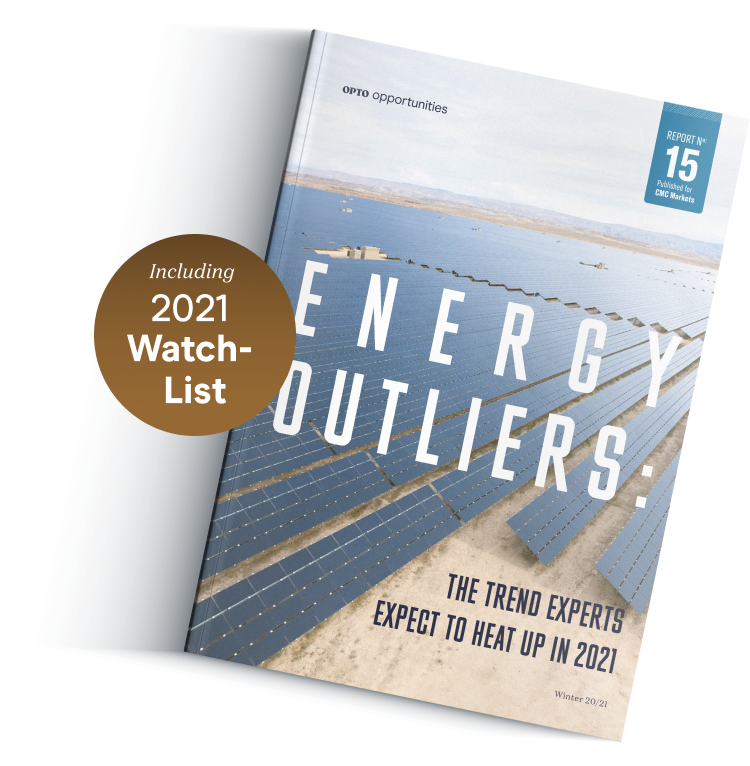The EPS (earnings per share) of a company is calculated by dividing the net income of that company by the average number of outstanding shares it provides. This figure is often reported each quarter when the earnings report of a company is disclosed. A profitable quarter will show a positive EPS, and for a non-profitable quarter, it would show a negative EPS. The number of shares a company holds can change throughout the year, so figures from the first quarter of the year can differ greatly from the next if they’re done a stock split/buyback or issued new shares. For this reason, a more accurate way of determining a company’s EPS is to average out the number of shares a company has over a longer time.
For example, if a company has 2 million shares available, with a net income of £10,000,000, it will have an EPS of £5 per share.
An important aspect of a company’s EPS for long-term dividend investors to consider is its historical trend. To receive reliable income from dividends, a company should be highly profitable each year, which should prevent it from needing to cut dividends. If you can see that the EPS of a company over the past 5 years has been steadily increasing each quarter, you can see it has a good level of stability and profitability, which could make it a more reliable source of dividend payments.
A word of caution on EPS
EPS values can be easily manipulated by using a method of accounting called “accrual accounting”, which allows profits to be calculated without the actual amount having been paid to the company. This is also true for expenses that are yet to be paid, which are easily written off as having already been dealt with. This is a way of artificially increasing the price of the stock by inflating the EPS. As a result of this, EPS should not be used on its own as a measure of a company’s value or success, but should be considered with multiple other factors, such as the company’s overall cash flow (as this will uncover if any creative accounting has occurred), along with those outlined above.
It is important to compare one companies’ EPS against a company of similar size in the same industry, if the EPS of the company you are interested in is vastly higher than others, it may be worthwhile investigating how the stock has achieved this and why they are outperforming the rest of the industry.
Checking the income statement and evaluating gross, operating, and net margins can help you assess whether you think the EPS the company is stating is realistic or may have been manipulated.




















